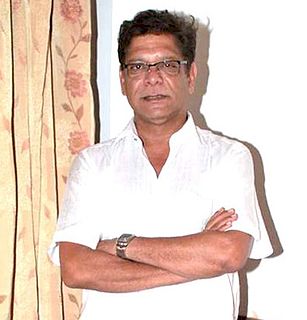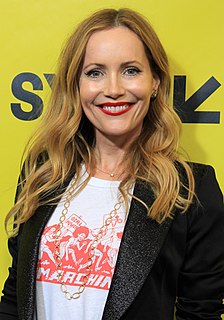A Quote by Mahesh Bhatt
My last film as director, the National Award winning 'Zakhm,' barely managed to break even. So why should I listen to so-called sensibilities of a handful of critics?
Related Quotes
Before writing a single note of music, and even before the spotting session, I find it best to sit down with the director and just listen to him or her talk about the film - what they're trying to say, what they want the audience to understand or believe, and a thousand other similar questions. The director has most likely been living with the film for years before a composer is attached, and so the director's inclinations, desires, and understanding of the film are paramount.
Me and Kirby are very collaborative and it changes from film to film. The first project we worked on together, Derrida, we co-directed. The last film Outrage, I was the producer and he was the director. This film was much more of a collaboration - he is the director and I am the producer - but this is a film by both of us.
A new kind of award has been added -- the deathbed award. It is not an award of any kind. Either the recipient has not acted at all, or was not nominated, or did not win the award the last few times around. It is intended to relieve the guilty conscience of the Academy members and save face in front of the public. The Academy has the horrible taste to have a star, choking with emotion, present this deathbed award so that there can be no doubt in anybody's mind why the award is so hurriedly given. Lucky is the actor who is too sick to watch the proceedings on television.





































